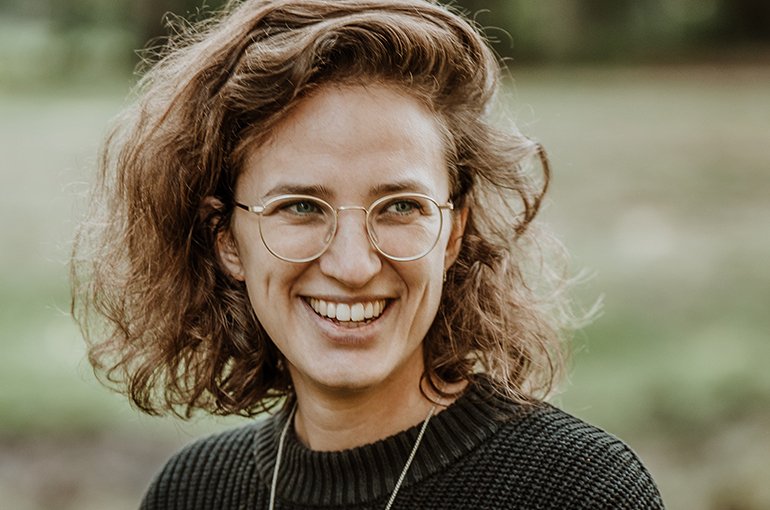Hofvijver Fellowship for historian Annelotte Janse to elucidate a seeming paradox

Historian Annelotte Janse recently received a Hofvijverkring Fellowship to do research in various American archives for three months. The Fellowship allows her to unravel an apparent paradox: the international collaboration between outspoken ultra-nationalist right-wing extremists.
New archives
Researching documents in American archives will enrich Janse's dissertation on the internationalisation of (West) German right-wing extremism since the 1960s until 2000, seen from the perspectives of West German and American actors.
"I am thrilled to be able to tap into new archives through the HVK Fellowship", Janse says. "The funding enables me to dissect how the shared struggle for the white race in West Germany and the United States has affected right-wing extremist fraternisation, mobilisation, and violence since the 1960s."
International nationalists?
"During the first years of my PhD research, I discovered that many German right-wing extremists looked to America as an example and source of inspiration. But it is difficult to gauge American reactions to this interest from German sources", Janse explains.
Throughout recent history, right-wing extremists have united over concerns vis-à-vis progressive politics, the effects of globalisation and modernisation, and migration flows. But little has been written about the 'nuts and bolts' of organising the shared struggle for the white race.
The collections I can now explore contain a wealth of documents.
"It is difficult to gauge American reactions to this interest from German sources", Janse says. She would also like to determine its influence on the international development and spread of right-wing extremism. Thus, there are still a lot of questions that Janse wants to answer.
Right-wing extremism from a new, transnational perspective
Why did American extremists form alliances with their German counterparts? What shared ideals and enemy images fuelled these endeavours What contextual factors facilitated or blocked transatlantic visits and cooperation? And to what extent were German neo-Nazis living in America involved in brokering international contact? "I want to investigate these issues more thoroughly, but that is impossible with German sources exclusively", Janse stresses.
Thanks to the Hofvijverkring, Janse now has the opportunity to analyse and answer these questions during her PhD research. In the United States she will visit four archives where both archival and personal collections of prominent American extreme right-wing leaders and groups are kept.
Janse explains: "These collections not only contain a wealth of documents produced by and for the American right-wing extremist scene. They also include personal correspondence between various right-wing extremists, a unique type of source when it comes to right-wing extremists who engaged in clandestine activities."

